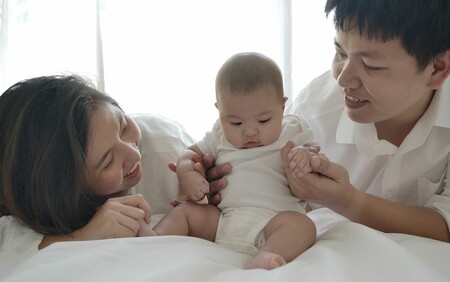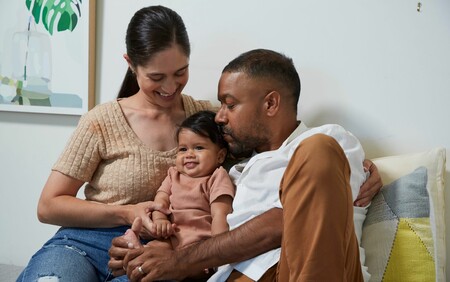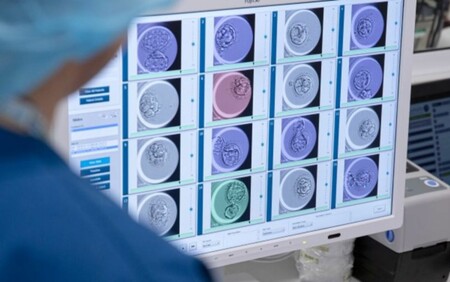
Before Baby - Week 4
Welcome to the final week of Before Baby!
It's the final week of Before Baby! We hope you've found the program extrememly valuable as you begin your journey to starting a family.
Genetics 101
Are you aware of the role genetics has to play when it comes to conceiving a healthy baby? Plus, we break down some of the genetic testing options available before pregnancy. Read on to find out more.
The future of fertility
There have been some exciting developments in fertility science in recent years. Find out more about how they could help you start a family.

Nutrition
Vegetarian Diets - friend or foe?
Dietician Wendy Fedele shares her insights into the benefits of plant-based diets, as well as some considerations to plan for.

Fitness
Pre-pregnancy Yoga
Get ready to prepare for your body for your fertility journey, from conception to delivery – and this final yoga workout is designed just for that.

Sex & Relationships
How to keep the spark alive
In the final week of Before Baby, Dr Martha, Sexual Health Physician, shares some ideas on how to keep the spark alive in a long-term relationship.
Need a fertility friend?
During this programme you can head to our private Facebook group and chat with others who are trying to conceive. Hearing the experiences of other people on a similar fertility journey can be an invaluable source of support and encouragement.
Before Baby Spotify Playlist
This week's Before Baby Spotify Playlist has some tunes to get you and your special someone in the mood for baby-making!
In case you missed it last week: Week 3 of Before Baby >>>>

